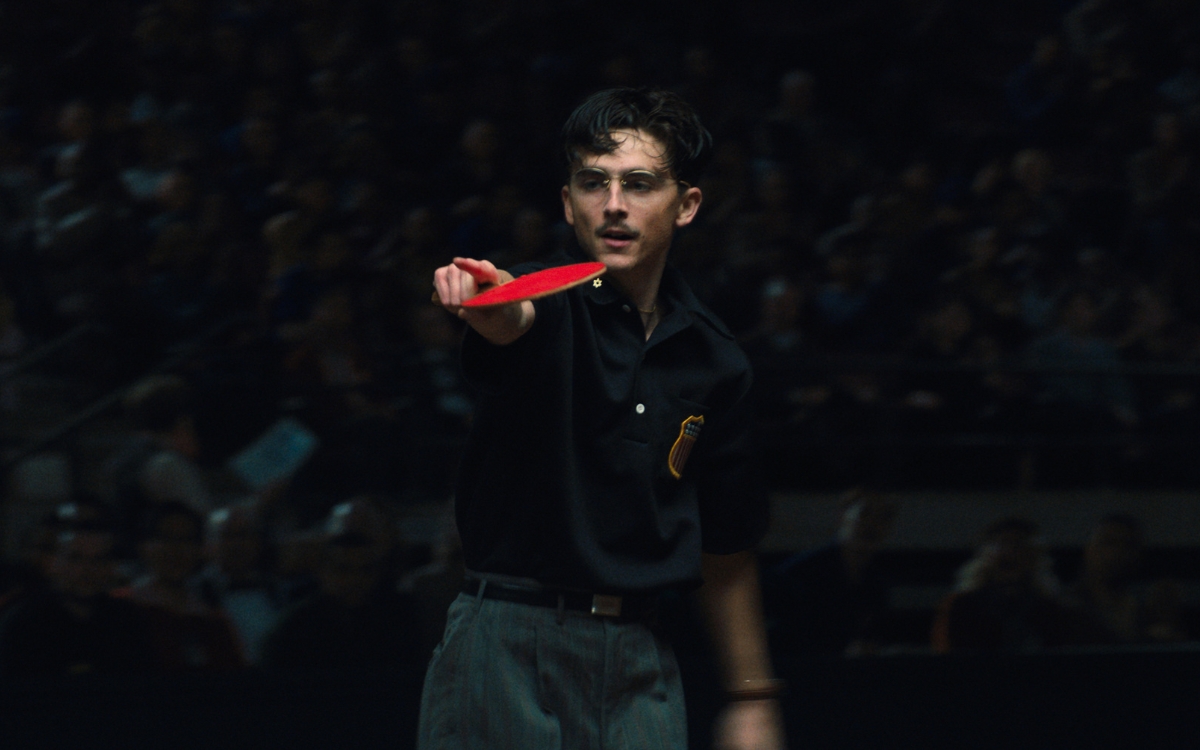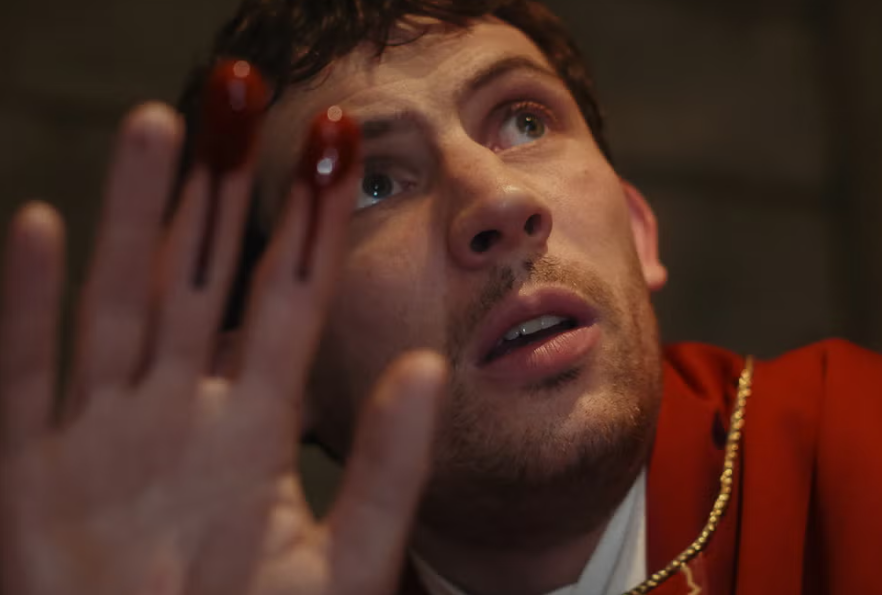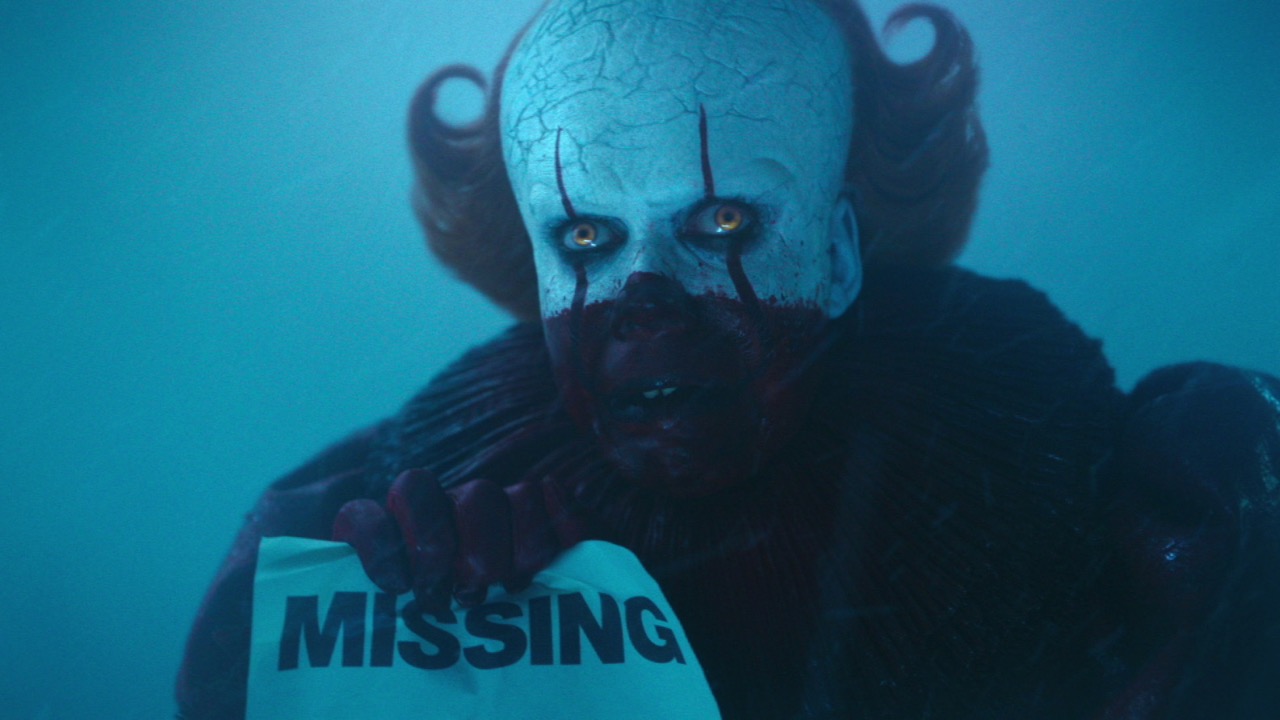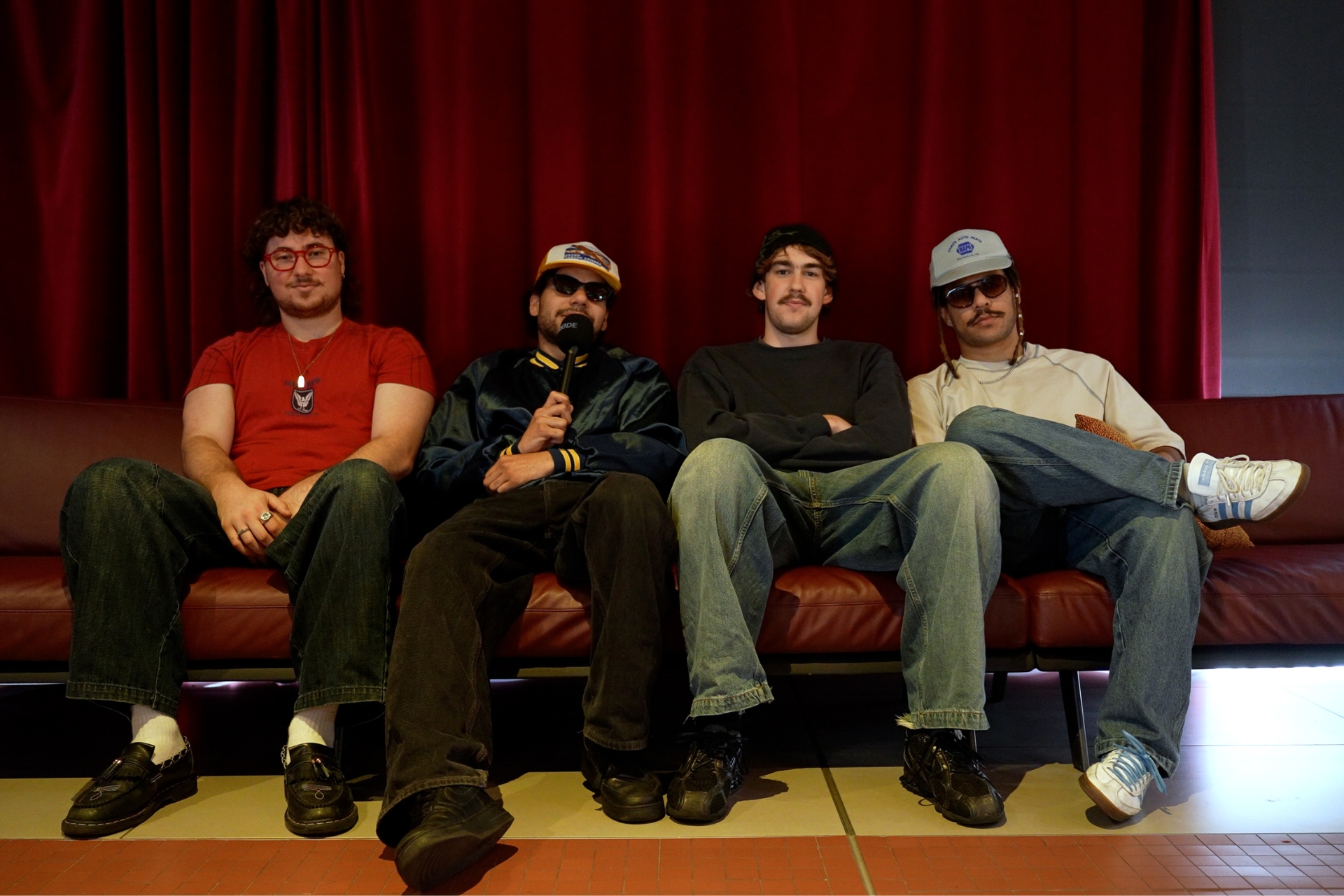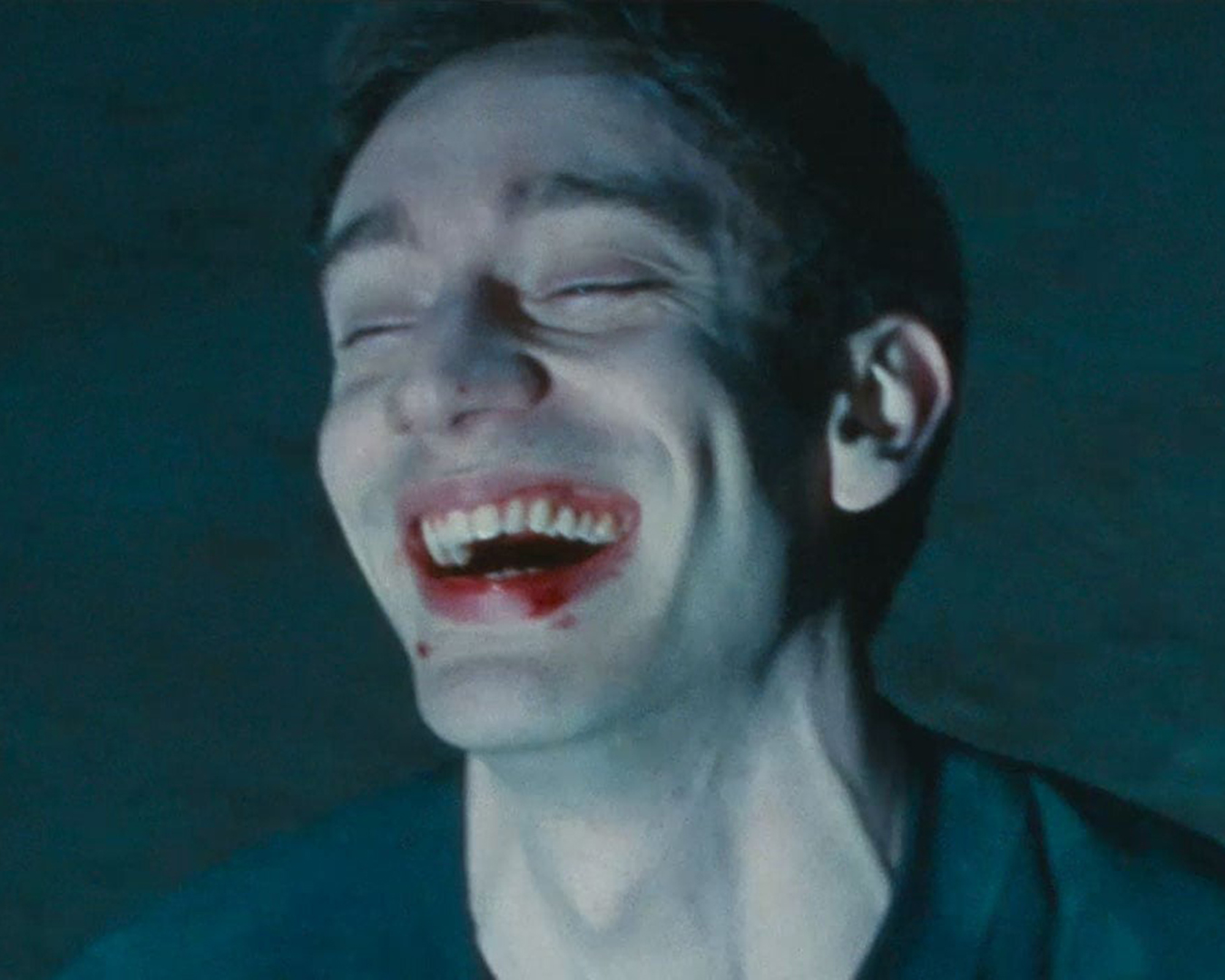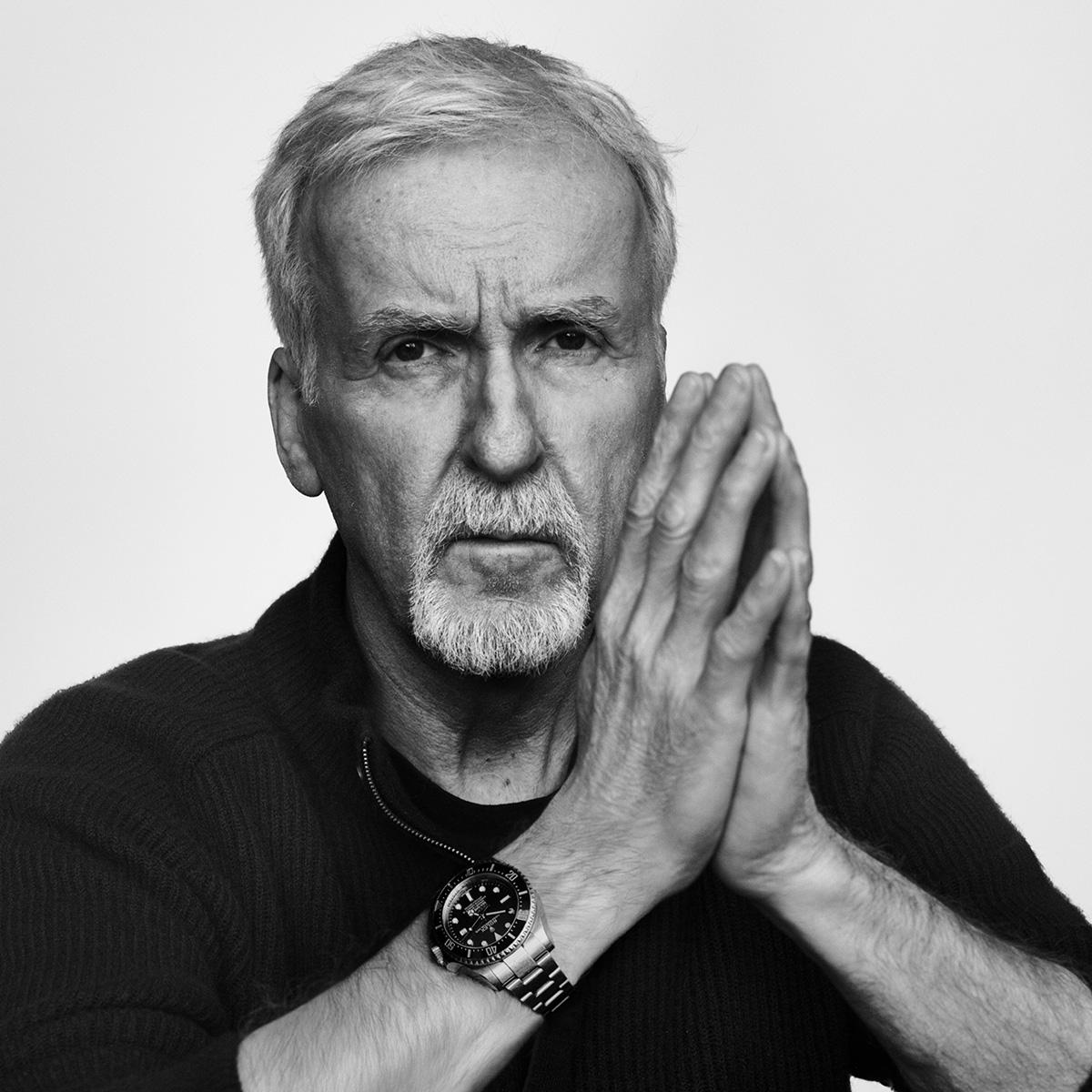A fine balance: letter from the Editor
"What we need is a careful balance of youth and experience. Unbridled creativity alongside the wisdom of having been there and done it." Esquire Australia's Editor-in-Chief Christopher Riley on the themes that shaped our November issue
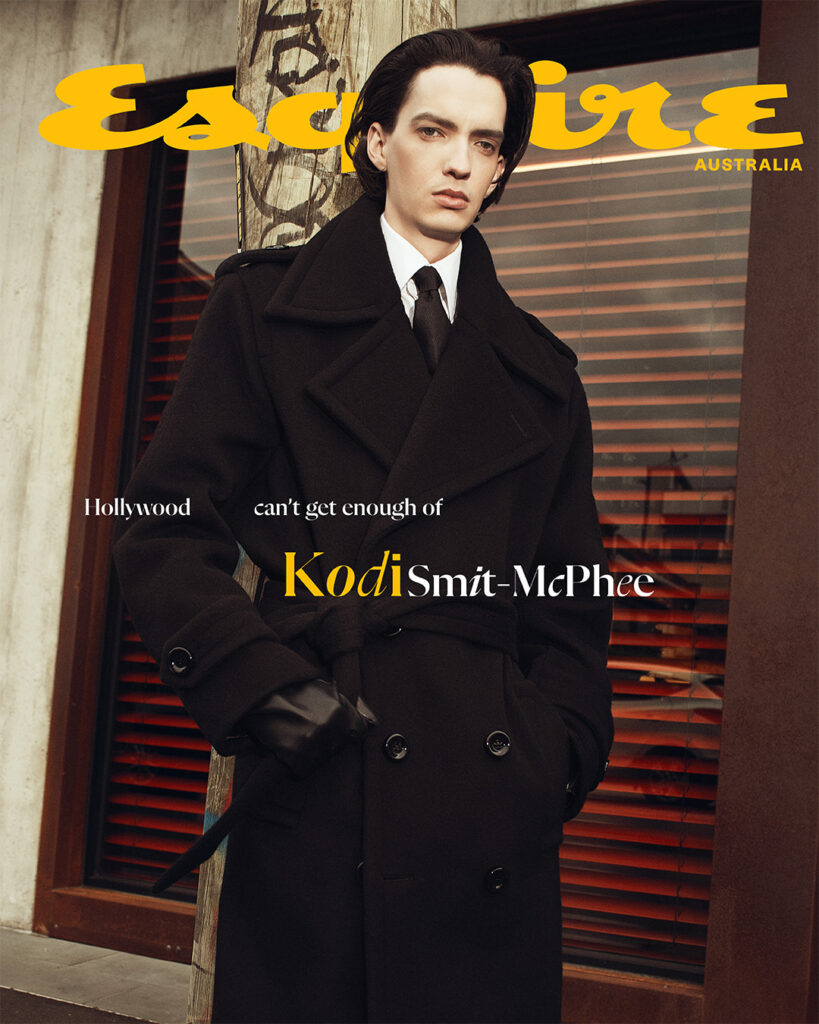
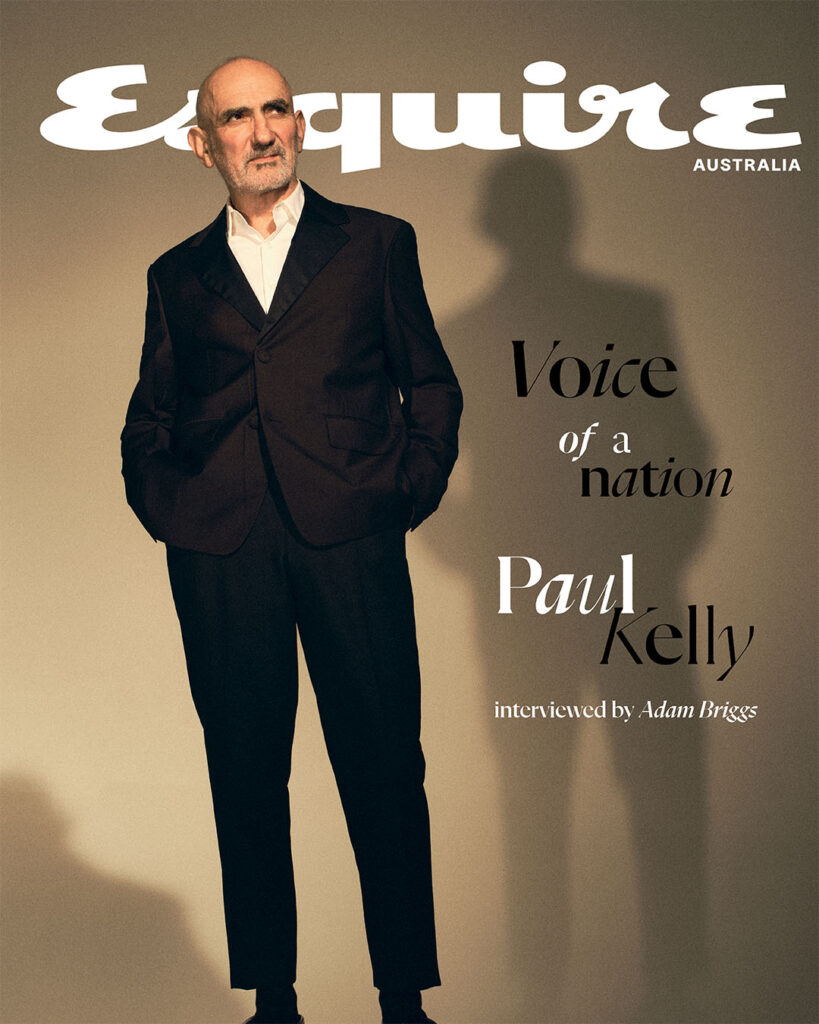
WE RECENTLY HAD my sister-in-law come to stay with us. Having graduated from university last year, she’s at the tail end of a several-month-long trip through Asia and Australia before returning home to London to get a job. The rigours of adulthood await; for now, she’s enjoying the bittersweet vestiges of life with little to no responsibility. Lucky her. Meanwhile, my life is in a somewhat different place. Sure, there are no kids (yet) and no mortgage (not for lack of trying), but the daily to-do list looks a lot different now than it did in my early 20s. And, as I’ve learned, there’s nothing quite like living with a 22-year-old to make you feel ancient. I’ve learned my bedtime is akin to a geriatric’s, I still don’t understand TikTok – and probably never will – and my T-shirts are too tight. I also learned the hard way that social media trends come and go alarmingly quickly. By the time I was calling things ‘demure’, I was being met with a long patronising sigh and a roll of the eyes.
But the experience has taught me about a lot more than just TikTok trends. Spending time with someone more than a decade my junior has forced me to take on a greater sense of accountability. Not just at home, but at work, too. It’s all too easy to fall into familiar patterns simply because that’s the way things have always been done. But the beauty of youth is that it isn’t beholden to the past. It’s a blank slate – an opportunity to chart a new path. So, it’s no surprise that activism, whether it’s levelled at the atrocities in Gaza or the attempts to curtail abortion rights in the US, is being led by the youth of today.
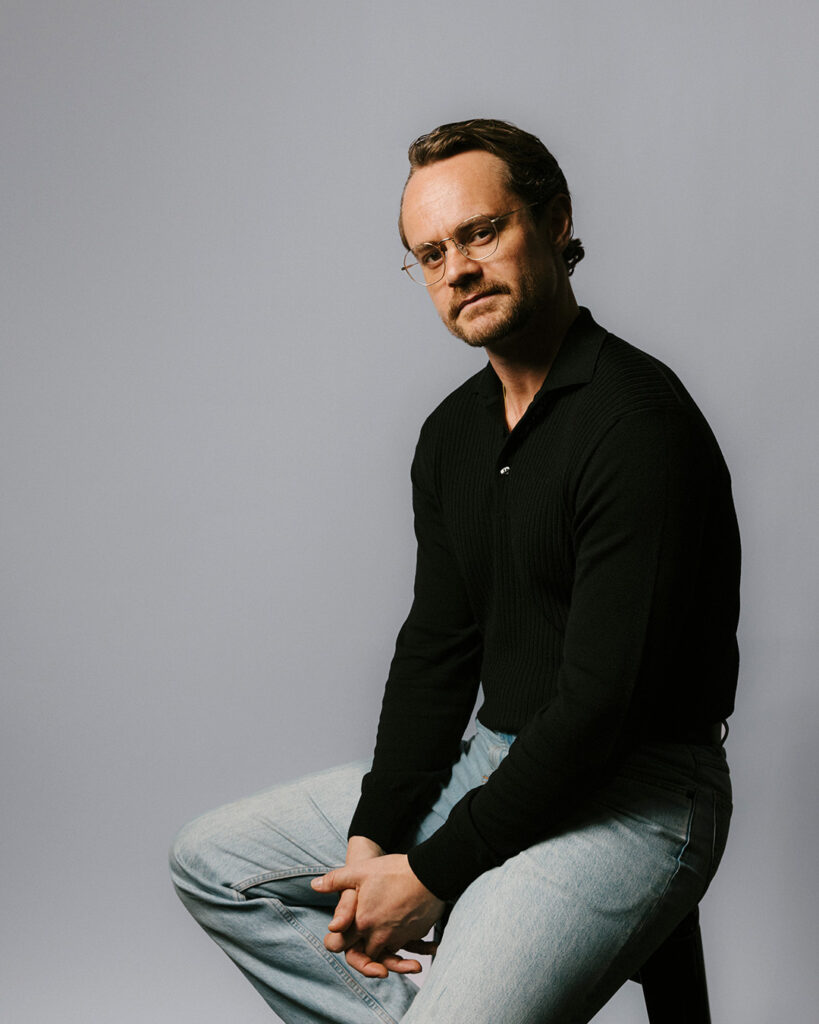
But this doesn’t paint a complete picture. I’ve always found the notion that we can look to the younger generation to fix our societal problems as a huge abdication of responsibility. It’s kicking the can down the road and expecting someone else to step up. What we need is a careful balance of youth and experience. Unbridled creativity alongside the wisdom of having been there and done it. These things aren’t at odds; they complement each other.
It’s this same tension that we seek to create in the pages of this magazine: a respect for the classics, with a nod to the emerging and diverse. We don’t want to ignore the past, but we also don’t need to follow its rules. And this issue is a great example.

Kodi Smit-McPhee is Australia’s most exciting young actor, doing things his way. Since scoring an Oscar nomination for his performance in The Power of the Dog, Smit-McPhee has resisted the allure of LA or London in favour of staying in Melbourne, living near his family, not far from where he grew up. He stars alongside Cate Blanchett in the new Apple TV+ series Disclaimer, before the pair join forces again next year, this time in a production of Chekhov’s The Seagull in London. The fact he can count Blanchett as one of his biggest admirers is impressive stuff for anyone, let alone a 28-year-old. But what impressed me most was the vulnerability Smit-McPhee showed in his interview with Amy Campbell. The young actor lives with an autoimmune disease that has progressed in recent years, affecting the way he sees himself.
“I’ve got nothing to hide,” he says. “No matter who you are – it’s tough to have a body-image thing. I guess it’s just like a neural-adapting thing that I’m just gonna have to get used to. But I have no problem talking about that with you.”
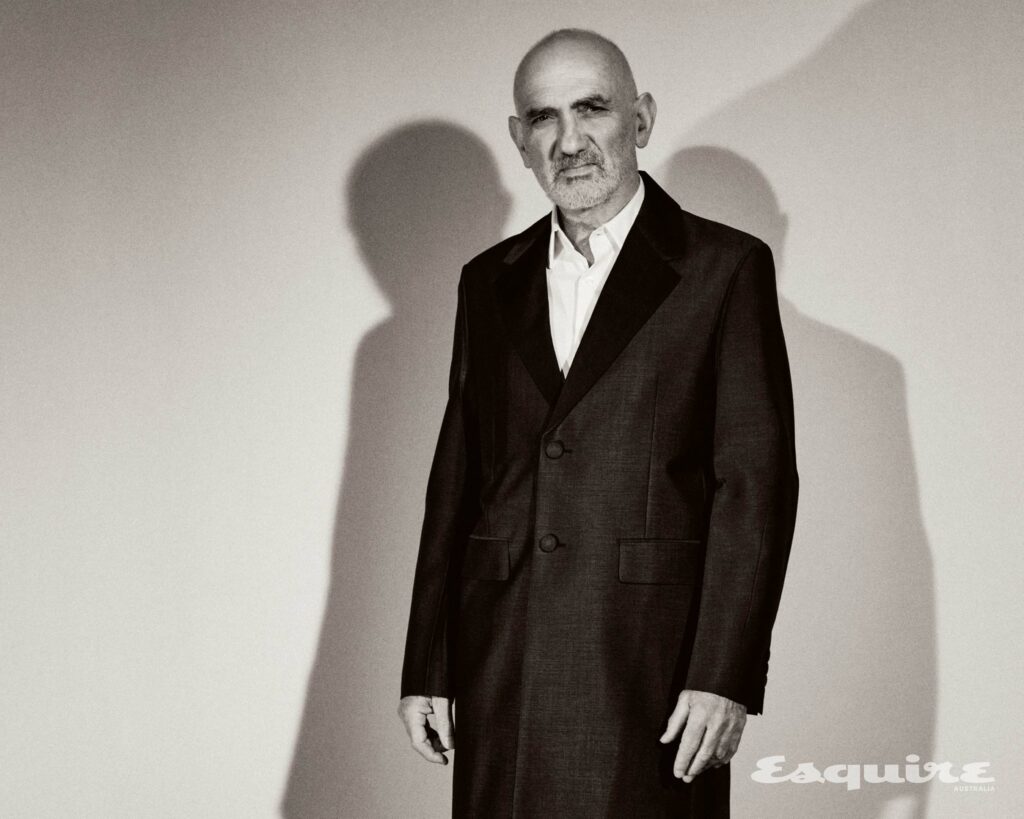
Then we have a man who needs no introduction: Paul Kelly. The iconic singer-songwriter has created close to 40 albums across a career that has seen him become the country’s unofficial poet laureate. More than the sum of his number one hits – and there have been many – Kelly’s superpower is his ability to reinvent himself, sustaining his relevance across generations.
Without the path forged by fearless creatives like Paul Kelly, there would be no space for the Kodi Smit-McPhees to thrive. Likewise, without younger artists breaking boundaries and encouraging new modes of thinking, Kelly and co. would have little to inspire them. In a world increasingly defined by extremes, it’s easy to forget we need both: a fine balance of youthful optimism and qualified experience. Now, that is demure.
Read our cover story featuring Paul Kelly here, and our cover story featuring Kodi Smit-McPhee here.
The October/November 2024 issue of Esquire is now on sale. Find your nearest stockist.












